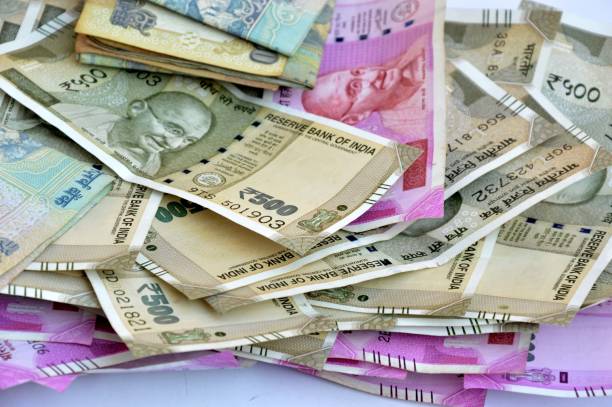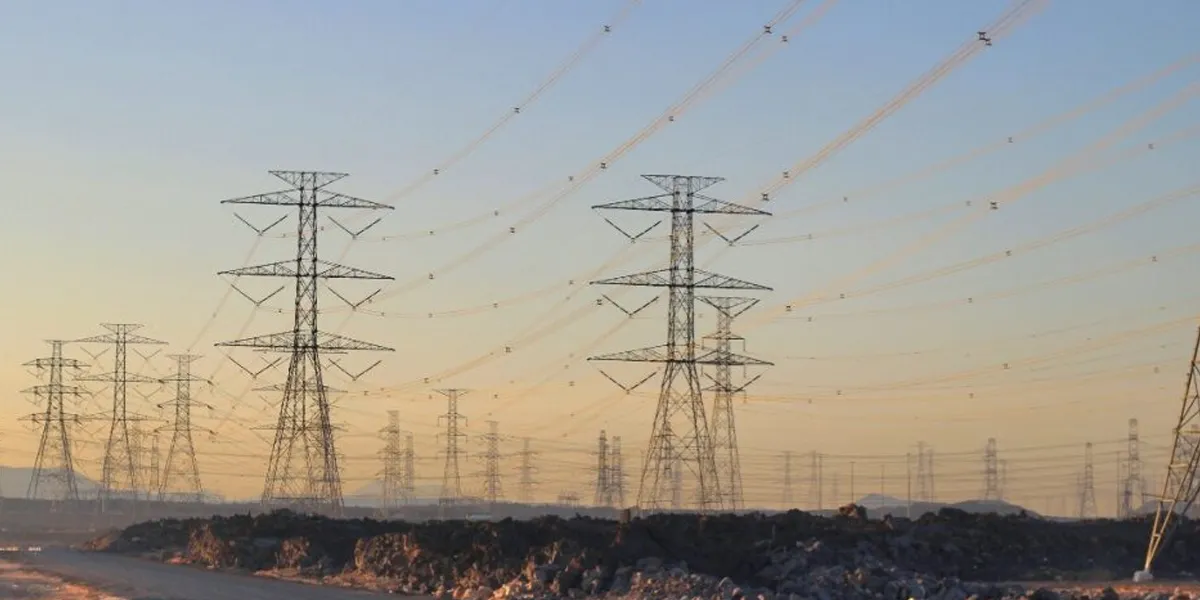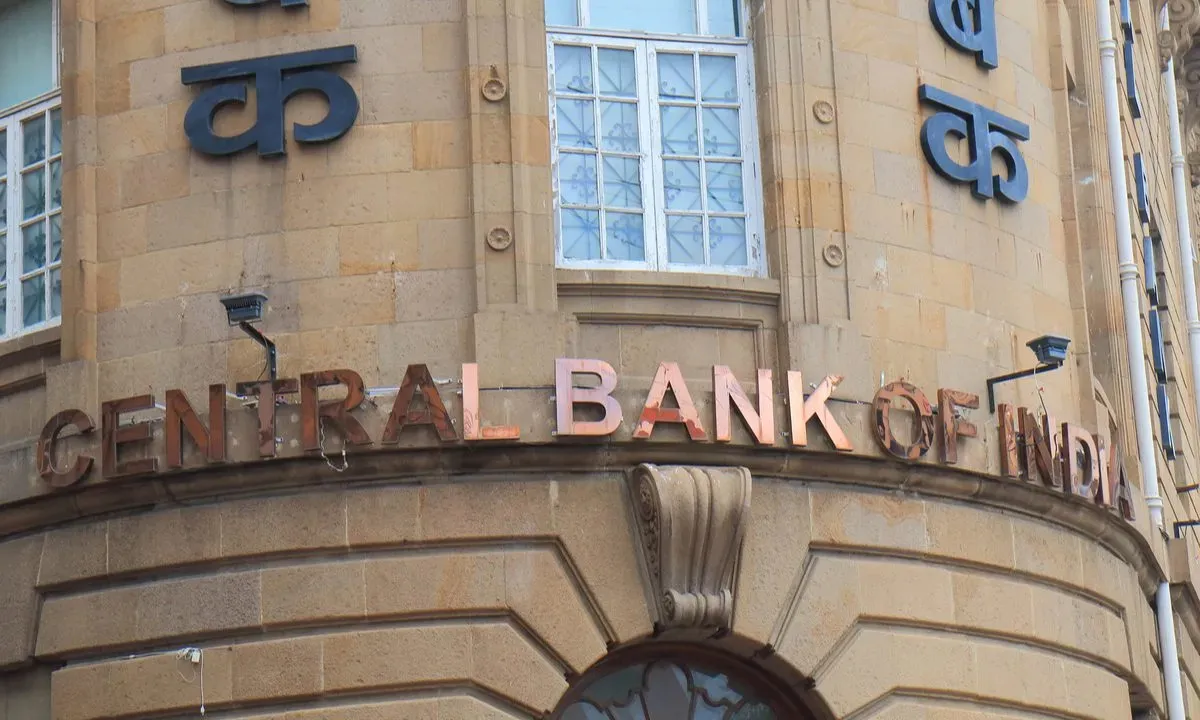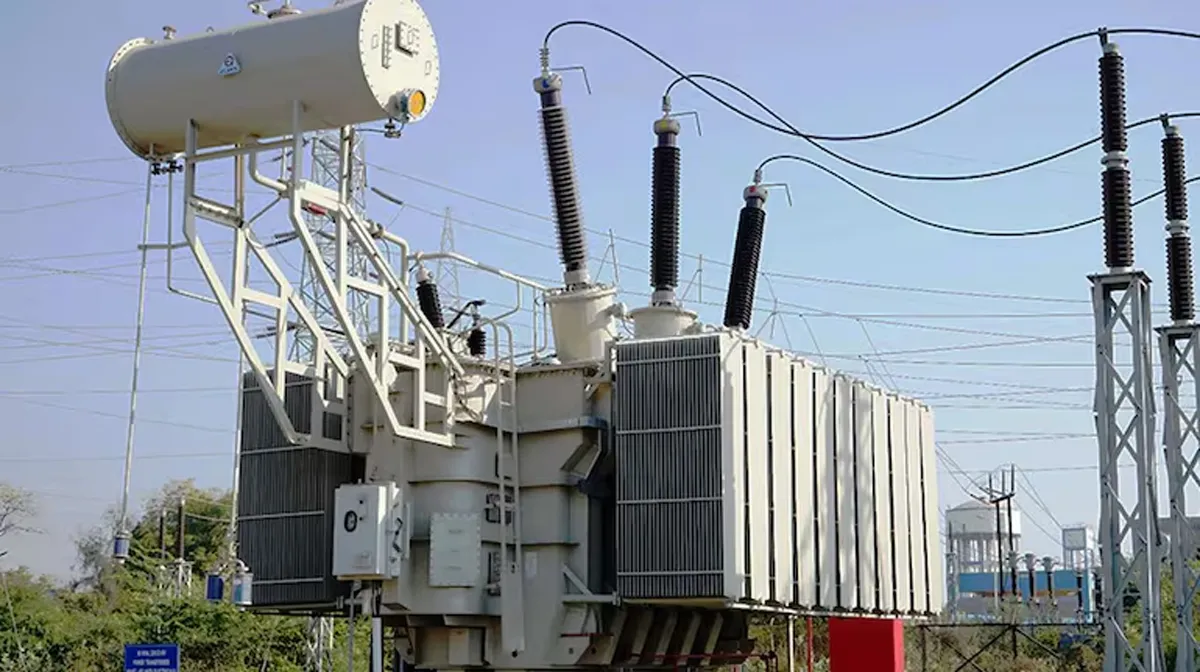
India income credit outlook turns positive, upgrades rise

KEC Secures Rs 10, 380 Mn Substation Order in Saudi Arabia
KEC International Ltd., a global infrastructure EPC major, and an RPG Group company, has secured a new order worth Rs 10,380 million for the Design, Supply and Installation of a 380 kV GIS Substation in Saudi Arabia.Vimal Kejriwal, MD & CEO, KEC International Ltd., commented, “We are delighted with the successive order wins in our T&D business. In a landmark achievement, we have secured our largest ever substation order. This prestigious order in the Middle East has widened our portfolio and strengthened our presence in the region. With this strategic win, our year-to-date or..

Central Bank of India executes first fully digital SCF deal on PSB Xchange
In a major advancement for India’s banking sector, Central Bank of India (CBI) has successfully completed the country’s first fully digital supply chain finance (SCF) transaction on PSB Xchange—a unified multi-lender platform launched by PSB Alliance. PSB Xchange is designed to connect public and private sector banks, NBFCs, and fintechs with corporates and their channel partners to facilitate supply chain finance and small business loans. The transaction marks the first time a fintech-originated corporate lead has been seamlessly processed through the PSB Xchange ecosystem. The lead fl..

Atlanta Electricals secures Rs 1,835 Mn transformer order from BNC Power
Atlanta Electricals Limited (“Atlanta”) has secured an order worth Rs 1,835 million from BNC Power Projects Ltd for the supply of extra high voltage (EHV) transformers and a bus reactor for its Pugal site. The contract includes a mix of 315 MVA, 400 KV and 100 MVA, 132 KV transformers along with a 400 KV bus reactor. The project scope encompasses design, manufacturing, testing, and supply to the project site. Deliveries will be sequenced following engineering and drawing approvals, offering multi-quarter execution visibility and ensuring a steady production run-rate. The order will be ex..
















